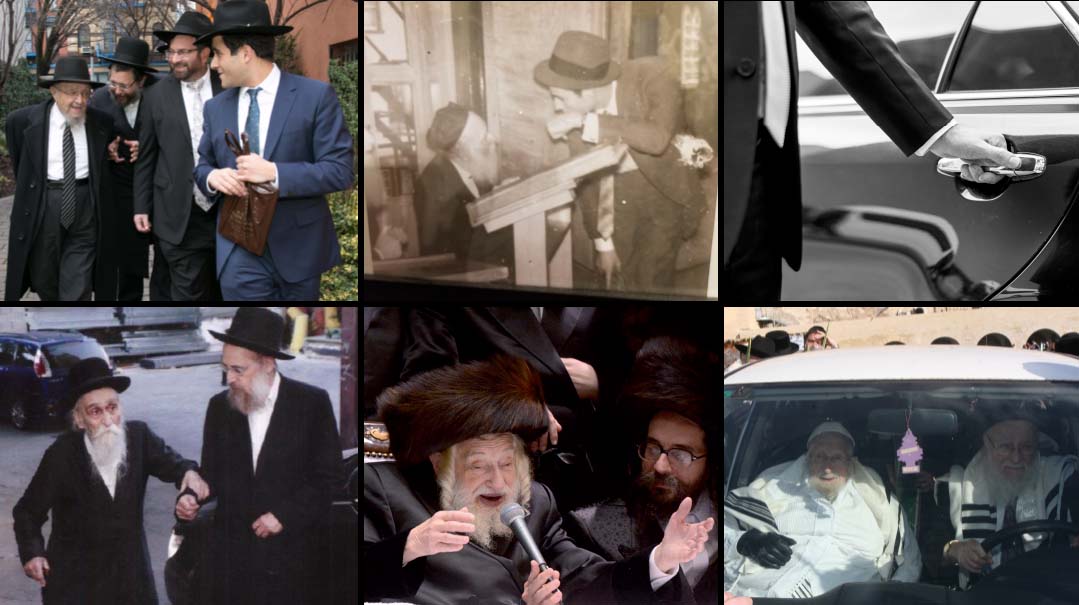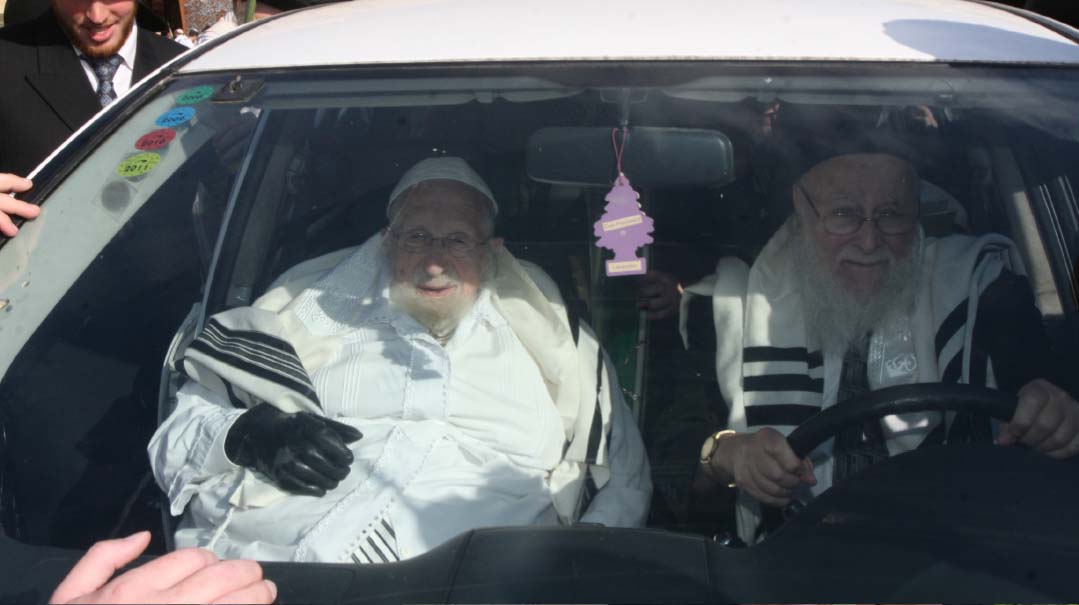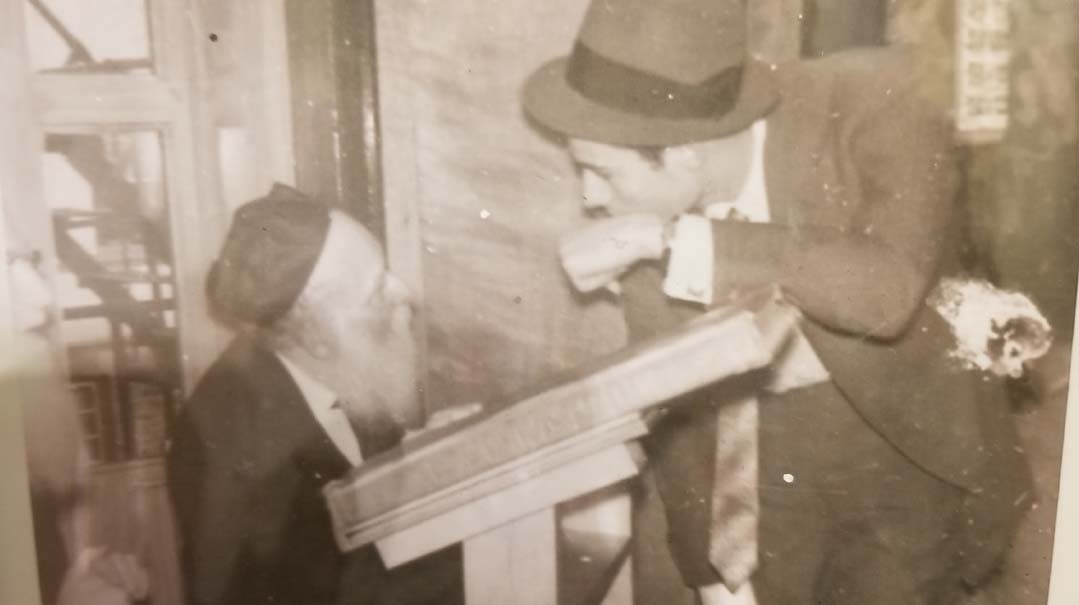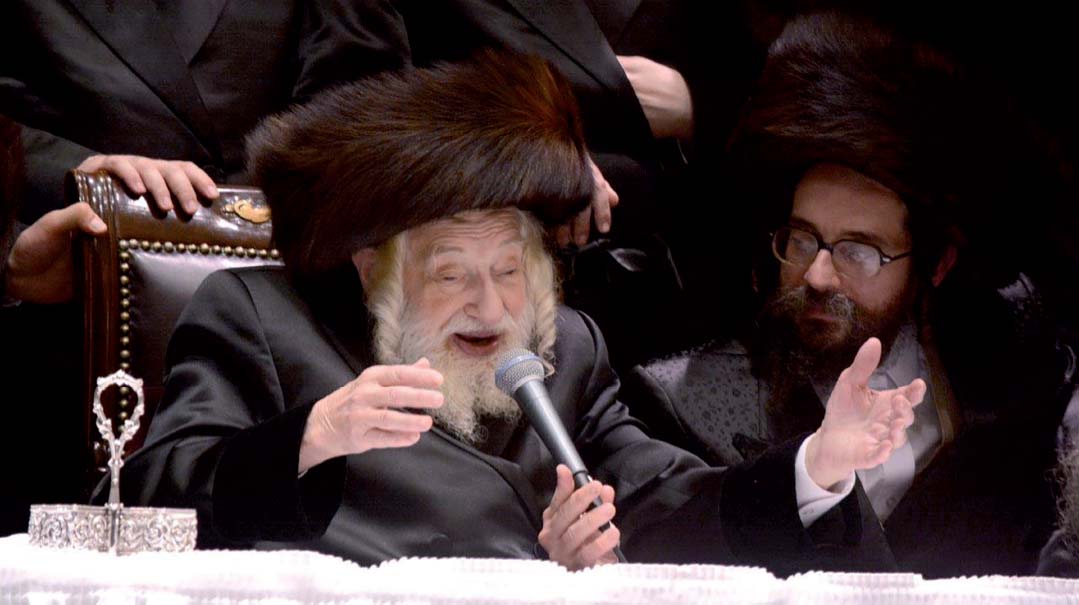No Airs About Him
| September 14, 2021That utterly natural, unaffected concern for family became Rav Dovid’s inheritance as well
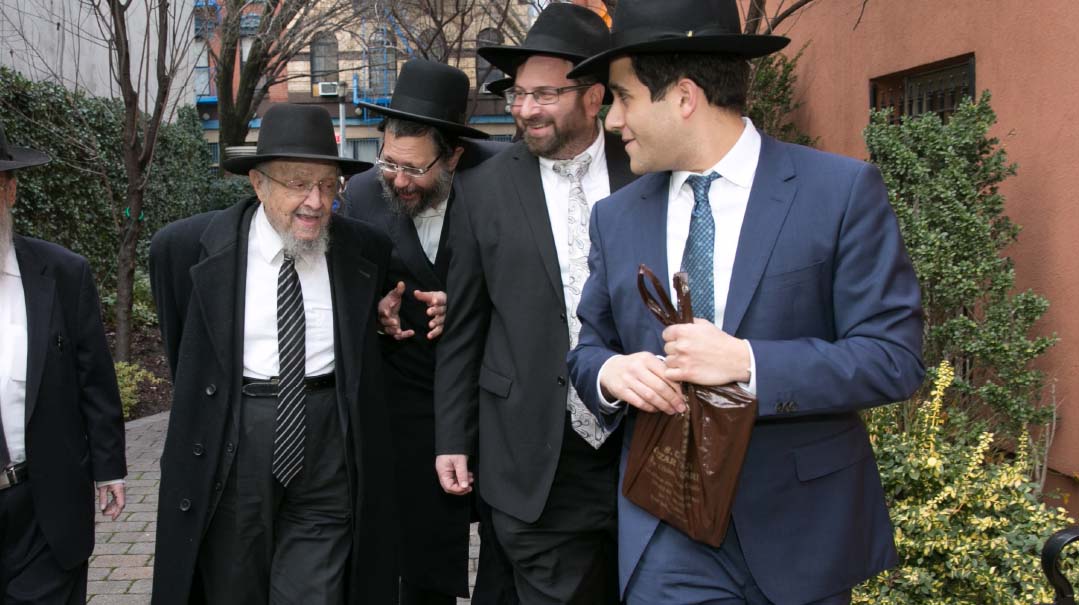
Rabbi Yissachar Ginzberg
Driver for Rav Dovid Feinstein
In the humble environs of New York’s Lower East Side, the premier posek of the Jewish world resided in simplicity. Rav Dovid Feinstein had no airs and no formally appointed personal staff, but Rabbi Yissachar Ginzberg served as his right-hand man and was privy to many informal conversations.
Rav Dovid Feinstein was a young boy in Russia when a bizarre law was passed prohibiting Jewish boys from attending the Pesach seder so that they wouldn’t be corrupted by the practice of “extorting” their fathers for the return of the afikomen. Instead of attending the family Seder, four-year-old Dovid was sent to a neighbor.
When he was five, he saw a pile of seforim on his father’s desk. He asked his older sister Fia (later Rebbetzin Shisgal) what those books were. She told him they were seforim and proceeded to teach him the Alef beis. By the age of eight, young Dovid knew the entire Tanach baal peh. He knew it so well that the townspeople used to play a game challenging him to complete a pasuk. If he won, he got a kopek. He acquired so many coins, he bought himself a watch with those winnings. “When he came to America at the age of nine,” Rabbi Ginzberg relates, “he was wearing that watch.”
In America, he grew to be a gadol in Torah and middos. Rabbi Ginzberg recalls an anecdote that demonstrates the Rosh Yeshivah’s extraordinary love for Yidden. Toward the end of his life, a weekly paper asked the Rosh Yeshivah to answer a question for their back page: If you could choose one person to join you at your Shabbos table, who would it be? Rav Dovid didn’t answer Moshe Rabbeinu, the Vilna Gaon, or the Chofetz Chaim, as other respondents did. Instinctively he responded, “I would invite three aniyim, three needy people.”
Rav Dovid once bought new shirts for Yom Tov. In the meantime, his old shirts were dry-cleaned. The next day, his Rebbetzin told him that someone had called — they were collecting shirts for aniyim in Eretz Yisrael. Did he want to donate his old shirts, just back from the cleaners? “That’s a very good idea,” answered Rav Dovid. “But send my new shirts. The old ones were good enough for me until yesterday, they’ll be good enough for me tomorrow.”
On another occasion, a troubled Jewish individual entered a restaurant where Rav Dovid was present and asked the customers for money. Rav Dovid, who deeply loved every Yid, instructed the others not to give him any money. “He’s a drug addict, he’ll spend it on drugs.”
“Rav Dovid was not a man of words,” says Rabbi Ginzberg, “so much so that he didn’t speak at his own father’s levayah. It was completely out of character for him to speak like that. We were shocked.” But the incident wasn’t over yet. “When we left the store, we met this person, still standing outside. Rav Dovid warmly ushered him inside, bought him a full meal, and sat him down to eat.”
Rav Dovid Feinstein might have been a princely member of the Torah world’s royal family, but the Feinstein children grew up in a very normal setting. To them, their father, the venerated Rav Moshe ztz”l, was simply a loving father. Rav Dovid told Rabbi Ginzberg how during the winter months, his father would put the children’s gloves on the radiator at night, so they would keep the children warm on the way to yeshivah the next morning.
And that utterly natural, unaffected concern for family became Rav Dovid’s inheritance as well. Rav Dovid was part of the delegation that traveled to France a few years ago to offer support and solidarity to the local Jews. On the private plane home, the Satmar Rebbe, Rav Aharon Teitelbaum, shlita, approached Rav Dovid. “Our fathers were very close,” he said, “and it’s a shame that we never really got close. And we’re only a mile apart, across the Williamsburg Bridge. When can I perhaps visit for a shmooze?”
“Anytime,” said Rav Dovid warmly. “You’re the Satmar Rebbe. You say when’s good for you.”
“How about this Thursday evening?” asked the Rebbe.
“No,” Rav Dovid stated firmly. “Thursday night I can’t.”
The Satmar Rebbe apologized and asked what occupied Rav Dovid’s Thursdays.
“Thursday night I do the shopping for my wife.”
“He was the most normal person,” recounts Rabbi Ginzberg of the gadol whose halachic authority and expertise made him the final word for American Jewry’s thorniest questions. “You wouldn’t have believed who he was. At the Purim seudah, for example, he himself would go around and pour the wine for his guests — or grape juice for the children. And that’s what made him so approachable to people, young and old alike. His whole life was for yenem.”
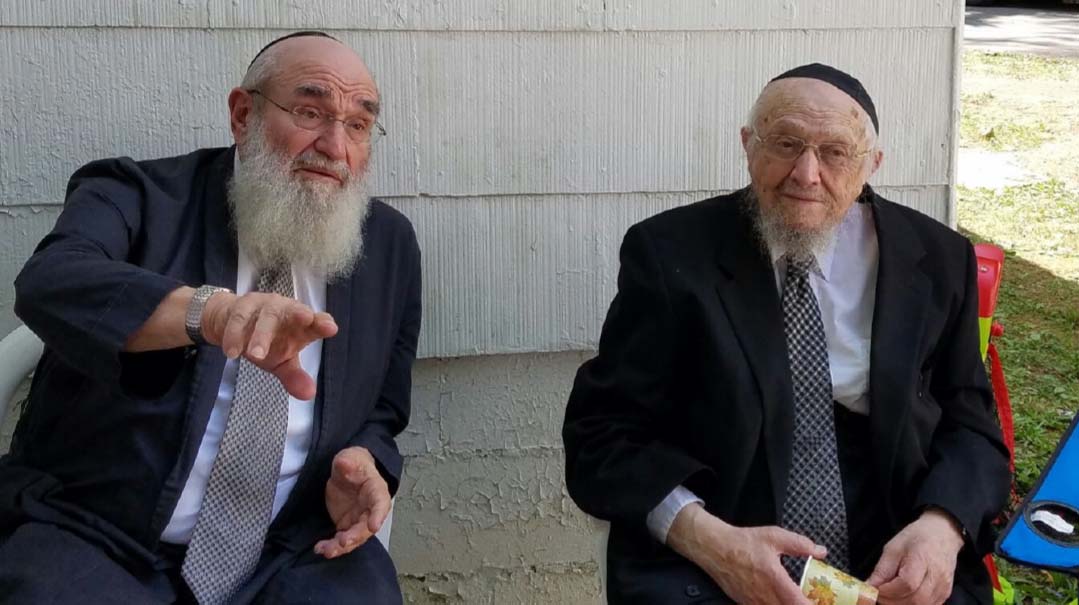
(Originally featured in Mishpacha, Issue 878)
Oops! We could not locate your form.

